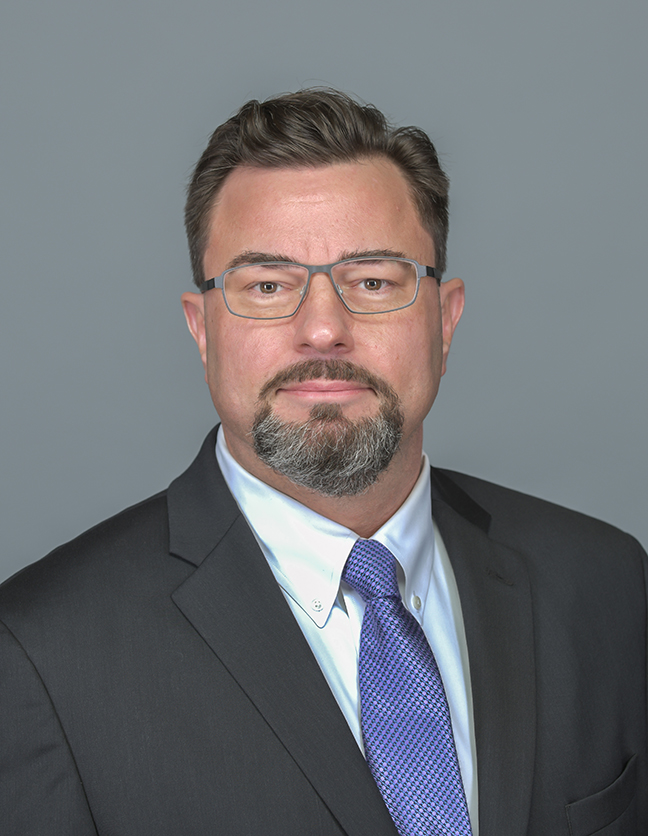At the Spring 2015 Board of Trustees meeting, the board awarded the DuMez Endowed Professorship to English faculty William Pannapacker. The post was previously held by Dr. John Cox, now professor emeritus of the English department. Dr. Pannapacker will hold this endowed professorship for ten years. After an entertaining and heartfelt introduction from Dr. Kathleen Verduin at the investiture dinner, Dr. Pannapacker shared these words:
 Thank you, Kathleen. Along with many of those here tonight, you have been a mentor, colleague, and friend since I first arrived at Hope College.
Thank you, Kathleen. Along with many of those here tonight, you have been a mentor, colleague, and friend since I first arrived at Hope College.
I also want to note the honor of being able to succeed John Cox, a great scholar, teacher, and servant-leader.
And I want, most of all, to acknowledge the love and support of my spouse, Teresa Jenkins Pannapacker who has made countless sacrifices to enable us, together with our three daughters, to follow this path through several places far from our original home, friends, family, and church.
I was asked to address what I am “passionate” about as a faculty member at Hope College. If I interpret that word within my own faith tradition, then perhaps it means those things for which I believe I am willing to make sacrifices.
Certainly, I aspire to be passionate about literature: its commitment to preserving the best that has been thought and said, and to expanding the boundaries of what can be thought and said, and by whom.
I aspire to be passionate, likewise, about scholarship: its commitment to recognizing our debts to the insights of others, and to asking new questions, devising new methods, and seeking answers that are always already provisional, always pursuing reform.
I aspire to be passionate about service: its commitment to preserving an institution in turbulent times, securing new resources, and exploring new opportunities that allow it to move forward with vitality and hope in a global context.
I aspire, most of all, to be a passionate teacher: to provide a context for students as whole persons: their character, intellect, social engagement, and spiritual development; to encourage them to seek knowledge for its own sake while enabling them to apply their gifts to the world’s needs.
The preparation of students depends on many forms of trust, extending beyond the classroom to the entire institution. The free and authentic exchange of ideas, the bedrock of liberal arts education, depends on reducing, if only for a brief moment in the lives of our students, the “reality distortion fields” of ideology, insularity, privilege, and power.
As John Henry Cardinal Newman wrote in The Apologia Pro Vita Sua, “Many a man has ideas, which he hopes are true, and useful for his day, but he is not confident about them, and wishes to have them discussed. He is willing, or rather would be thankful, to give them up, if they can be proved to be erroneous or dangerous, and by means of controversy he obtains his end. He is answered, and he yields; or on the contrary he finds that he is considered safe. He would not dare do this, if he knew an authority, which was supreme and final, was watching every word he said, and made signs of assent or dissent to each sentence, as he uttered it.”
I want to believe, passionately, that the liberal arts can cultivate the conviction—and the reflexive humility—to consider that any person with whom one disagrees is no less honorable, and could be right.
Finally, I am grateful for the added support and standing provided by this professorship, to pursue those passions. I am grateful for the trust it signifies on the part of the Board of Trustees and our President. And I am pleased to have this moment to recognize the generosity of the DuMez family.
Thank you.

